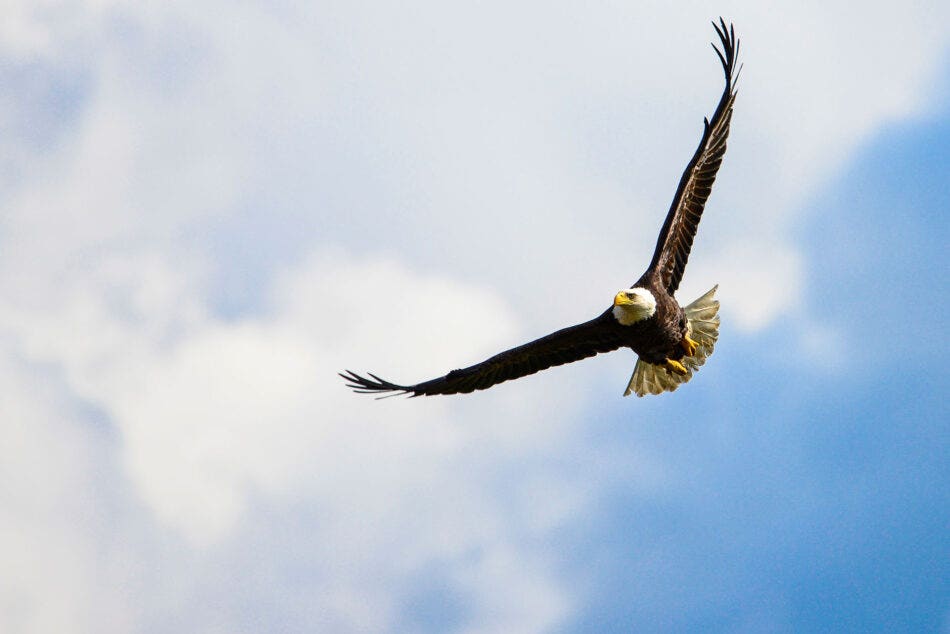How much do you know about the Canada Pension Plan (CPP) and Old Age Security (OAS)?
If you are an Indigenous person who is eligible for these benefits, this article will be of interest to you. We’ll cover what tax-exempt Indigenous employees need to know about CPP and OAS and the concerning reality of retirement for Indigenous people.
While there is little public data on how many Indigenous people qualify for the Canada Pension Plan (CPP) and Old Age Security/Guaranteed Income Supplement, we do know that Canadian government statistics show a staggering reality concerning retirement income among Indigenous populations.
The Canada Pension Plan is a contributory, earnings-related social insurance program that provides retirement, disability, and death benefits to Canadians. In most cases, if you are employed, you pay CPP premiums on your earnings and your employer will match the amount that has been deducted from your salary or wages. If you are Indigenous and working on reserve lands, your contributions are tax-exempt and therefore, CPP income based on these contributions is tax-exempt in retirement.
Some Indigenous communities have opted out of CPP contributions which puts Indigenous employees at an immense disadvantage, particularly considering the wage disparity in Canada which results in lower retirement income among the four designated groups identified in Canada’s Employment Equity Act: members of visible minorities, women, persons with disabilities, and Indigenous peoples. The wage disparity between Indigenous peoples and non-Indigenous peoples is significant. In 2006, the median income for Aboriginal peoples was $18,962 — 30% lower than the $27,097 median income for the rest of Canadians. This disparity is even larger for Indigenous women.
Lack of resources and financial literacy (a result of colonialism and impoverishment) are key factors in this struggle to save for retirement which leads to Indigenous Canadians living with less than other people in Canada. This becomes even more concerning when we consider what that means for Indigenous retirees. The average income for Indigenous people over the age of 65 in 2020 is expected to be just over $15,000 with approximately $11,000 from CPP and OAS combined. This is almost 30% lower than the average Canadian senior. Indigenous women in retirement receive an income that is, on average, almost one-third less than that of Indigenous men. In 2020, Indigenous retirees can expect that they will be living in poverty at a higher rate than non-Indigenous retirees. This is a frightening reality.
Unfortunately, all of this means that Band Administrations are forced to step in and provide additional financial support, which is not sustainable. Band funding for social services is already stretched thin and additional support for Indigenous retirees will only further burden these resources. The same is true for funding wages for Indigenous employees. Although there are no easy answers, we can all agree that this situation needs attention and action. We need to work together to find a solution that allows Indigenous people to retire with dignity.
A concerted effort is needed to address the income gap, and particularly the retirement income gap for Indigenous people in Canada. This means that everyone needs to do their part, including employers, employees, insurers, and the government. Indigenous people deserve fair wages and access to contributory pension plans like CPP and employer-sponsored pension plans. It is imperative to provide financial literacy education so that Indigenous people can make informed decisions regarding their savings for retirement. There are many ways we can help improve the retirement prospects for Indigenous people in Canada, including:
- Addressing the funding gap and ensuing pay disparity among Indigenous people
- Ensuring that organizations are contributing to CPP for their Indigenous employees
- Implementing Registered Pension Plans to support the needs of Indigenous people in retirement
- Lobbying Indigenous Services Canada to enhance the Band Employee Benefits Program to create pension plans that are fair and tailored to the specific needs of those communities
- Providing financial literacy education that is widely available to Indigenous organizations
Together, we can find solutions and make meaningful change.
Our Acera Indigenous Group Benefits team provides wellness, group benefits and retirement advisory to Indigenous bands and organizations throughout Western Canada. Call 1-833-531-6093 or email indigenoussupport@acera.ca to talk to an

